When we get home, the first thing we try to do is take a good hot shower. For this we need a good boiler or a water heater. However, in the market we find different brands, models, designs and technologies that complicate the ideal choice a bit.
Next we will present an excellent article full of considerations, data and recommendations that you should keep in mind when choosing one of these artifacts. It is important to note that an electric heater or a watertight heater are generally the best choices you can make, although it all depends on your needs. Contact Hogan Hot Water and Air, if you need more assistance.
RECOMMENDATIONS FOR CHOOSING A GOOD HOT WATER HEATER
Currently, to have hot water in the different taps in the home, many choose an electric heater. However, the cost of electricity can be high if we do not use it properly. A boiler, for its part, is one of the cheapest options on the market. But which one do I need? The key factor when making a decision is the supply characteristics available in your home, here are some useful considerations to decide:
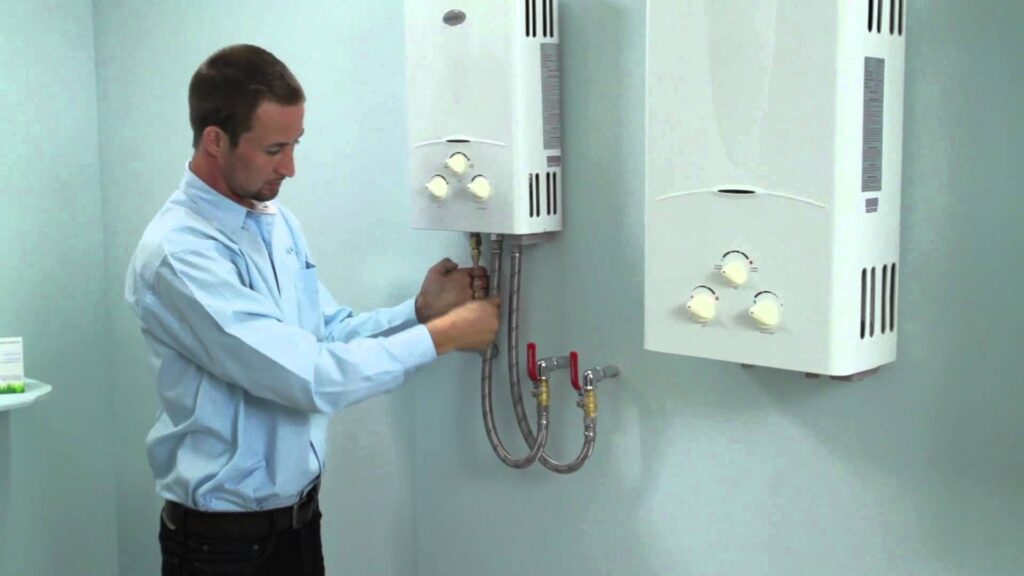
Whether or not you have a constant gas supply at home, you have two excellent options:
- If you have: the best alternative is a gas heater; this type of system can be found in two formats: airtight or atmospheric heater. As a fundamental information to know, you should know that atmospheric models are no longer manufactured and are practically not sold, since the watertight version presents much higher efficiency and safety.
- You don’t have: if you don’t have a gas supply at home, then two new alternatives are opening up. It is a butane heater or a good electric water heater.
Water and outlet points are an element to take into consideration, especially the monthly consumption of water in the home must be taken into account when correctly sizing the installation. For this you must have a water regulator that indicates the family consumption periodically. Calculate well between the options so that you do not run out of water while you shower. Visit our troubleshooting page for more info.
- Depending on the number of taps you want to supply hot water, you should keep in mind the following: if you only want to supply a small sink and a shower and you do not have temperature jumps above 25 degrees Celsius, you can buy a heater with a production of about six liters per minute of hot water.
- Otherwise, if you have many water outlet points and consumption is higher, you should opt for a water heater that has a capacity greater than 15 liters per minute.
The location of these boilers is key to knowing which model and technology to buy. The site is essential to determine if you need a waterproof heater or an electric water heater.
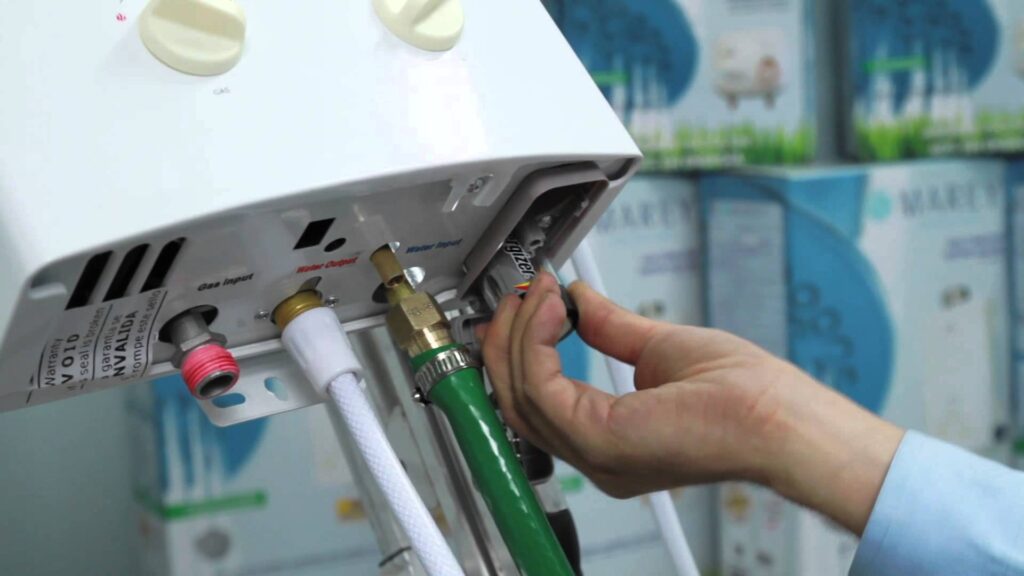
- Atmospheric heaters should be in open or very well ventilated spaces. With this, any gas leak is quickly solved.
- A watertight heater can be placed in tight spaces and can be handled more comfortably. However, its location should not be near the kitchen, much less the stove.
AT THIS POINT, WHICH HEATER SHOULD WE CHOOSE?
There are two models of heaters that are very popular on the market. Its features, advantages and benefits make it a difficult decision to make. We are talking about the watertight heater or an electric water heater. It all depends on what you need at home or business premises. Each one offers better functionalities depending on the level of demand it will receive. Let’s know a little about both models:
Gas instantaneous hot water heaters
These models are found with natural gas (GN, N) or butane (GB, B). They differ mainly in the fuel burner system. Also the gas inlet system because the pressures used vary substantially between both supplies.
This type of heater works under a very simple circuit in the form of a coil. The water passes through the coil on a base of stoves that heat the liquid. The ignition is automatic and takes place once the person opens the water tap.
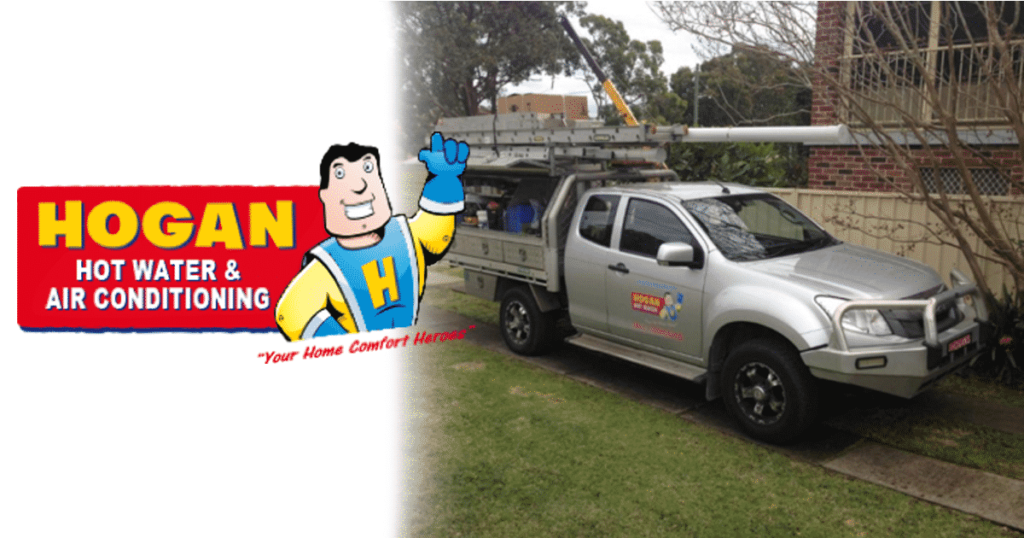
Advantage
- They produce a completely limited amount of hot water.
- Gas as fuel, compared to electric heater is much cheaper.
Drawbacks
- The temperature of the water may fluctuate during use, without prior notice and suddenly.
- You have to wait a longer time from when you turn on the tap until the water heats up.
- It requires a minimum flow of water to function properly.
- Its installation process requires more time and the installation must be reviewed periodically.
- In case of using a heater with butane, cylinders are needed to recharge the service and not run out of hot water.
Electric hot water heater (electric boiler)
The electric heater or better known as an electric water heater is a device that works only with electricity. If your home or premises does not have a continuous gas supply this is the best alternative. It works under simple processes such as:
- It has a tank that stores the water. These capacities can range between 30 and 100 liters. It all depends on the model and brand of the electric heater.
- Inside there is an electrical resistance which has the function of heating the stored water.
- When the equipment detects that the water has reached an optimal temperature, it turns off. The water stays hot for a while thanks to sensors and insulators that keep it at the ideal temperature.
- In case of spending hours without using it, the water will lower its temperature. The process is repeated automatically or when requested by the user.
Advantage
- It does not require installing gas pipes.
- The water comes out quickly when you turn on the tap and at a suitable temperature.
- In addition, the water temperature is continuous and without interruptions.
- It starts its process of heating the water with any type of flow.
Drawbacks
- It is larger in size so it will occupy more space where we place it.
- If the hot water runs out, it will take a while to reheat it.
- The consumption of electrical energy for its operation is higher.
You may also want to read: 3 Benefits of Teen Counselling


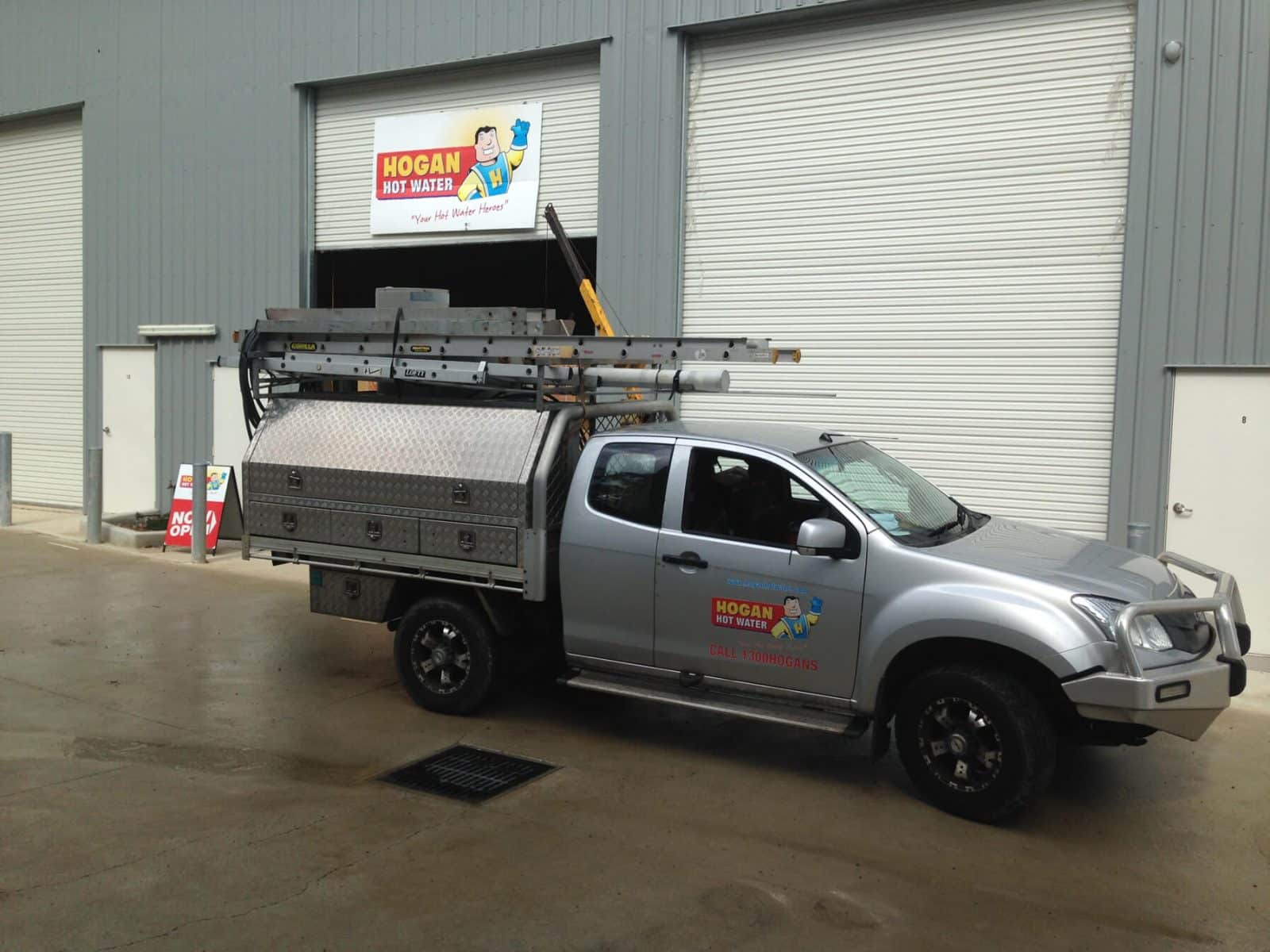
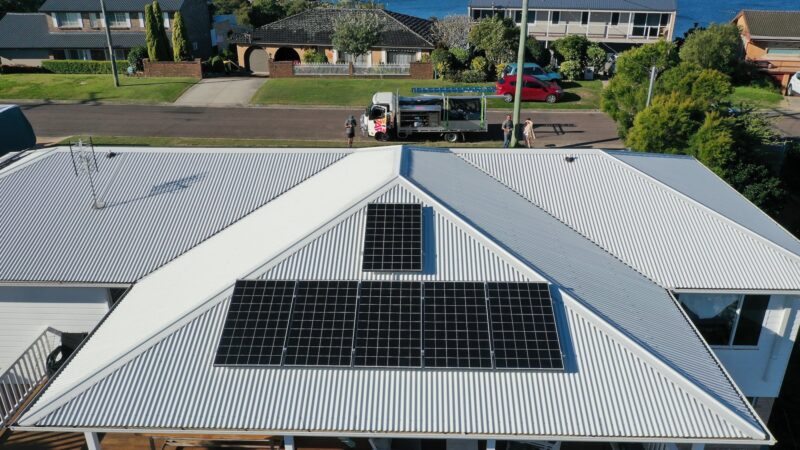
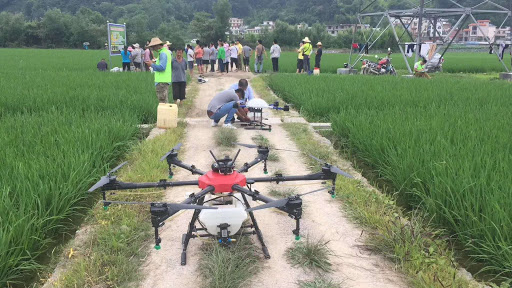
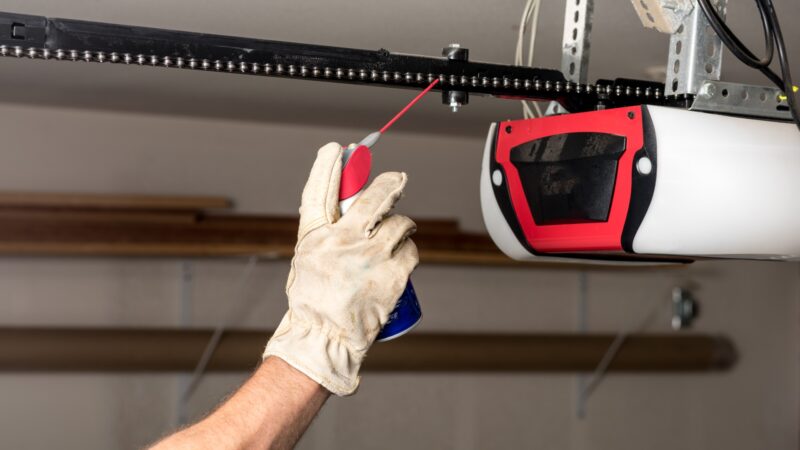
Recent Comments